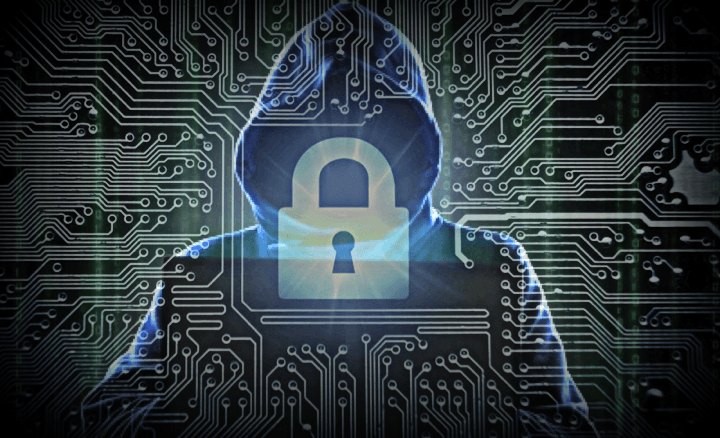
If you own and operate a small business, lowering costs is an important part of keeping your company in the black. Cutting costs on your IT budget could inadvertently compromise your company’s security. Even though small businesses may not have all of the resources that large corporations do, they are still just as vulnerable to the same security threats. Here are some ways to help keep your small business secure:
Every computer is vulnerable to the wide variety of viruses, trojans, and worms that are on the Internet. These malicious software programs can do anything from damage your computer and files to steal your password and other important information stored on your computer. Purchase a good anti-virus software program and make sure that it is always up to date. Also, check to see that your anti-virus software checks for spyware, adware, and any other type of malware that could be hiding on your computer.
It is important to discuss with your employees the importance of not opening spam email, attachments or forwards that could possibly contain viruses. Make sure that your email has a filtering system that helps to filter out spam and other malicious email. Responding to phishing emails can be another costly mistake. Phishing emails are disguised as legitimate emails that then request login and password information. Changing passwords monthly can help to lessen the damage should an employee accidentally respond to a phishing email. It is often difficult to predict if one of your employees will become disgruntled or dishonest, but you can put some safeguards in place to help minimize the damage should you find that you have one.
It is often difficult to predict if one of your employees will become disgruntled or dishonest, but you can put some safeguards in place to help minimize the damage should you find that you have one.
Make sure that your wireless router is encrypted, and that your business is using WPA2 wireless security. A firewall is another important key to protecting the security of your small business. A firewall will allow access only to authorized users while blocking unauthorized access to the computer. Aside from the obvious lack of productivity that personal Internet use can cause for your business, it can often be too easy to click on websites that contain malicious software that could easily infect your company computer and shut your system down temporarily or even permanently.
Purchasing computer equipment is costly, so many small businesses will try to get away with fewer computers in order to save money. If you have your financial information on the same computer that your employees are accessing their company emails, you could risk losing everything that is vital to running your business should an infected email slip through. Be sure to have some type of data storage and backup system in place in the event that your current system goes down. Having all of your files readily available to you in case of an emergency can ensure that your business will retain customers and continue to run smoothly no matter what the disaster.
It difficult to prevent break-ins or equipment from being stolen from your home or office building, but you can have some security by ensuring that all of the information on your computer is encrypted and password protected.
Trying to scrimp when it comes to your small business’s computer security can be a costly mistake. Arm yourself with the knowledge of what your business could be up against and take steps towards prevention. The investment will give your company the security necessary to keep your information secure.

